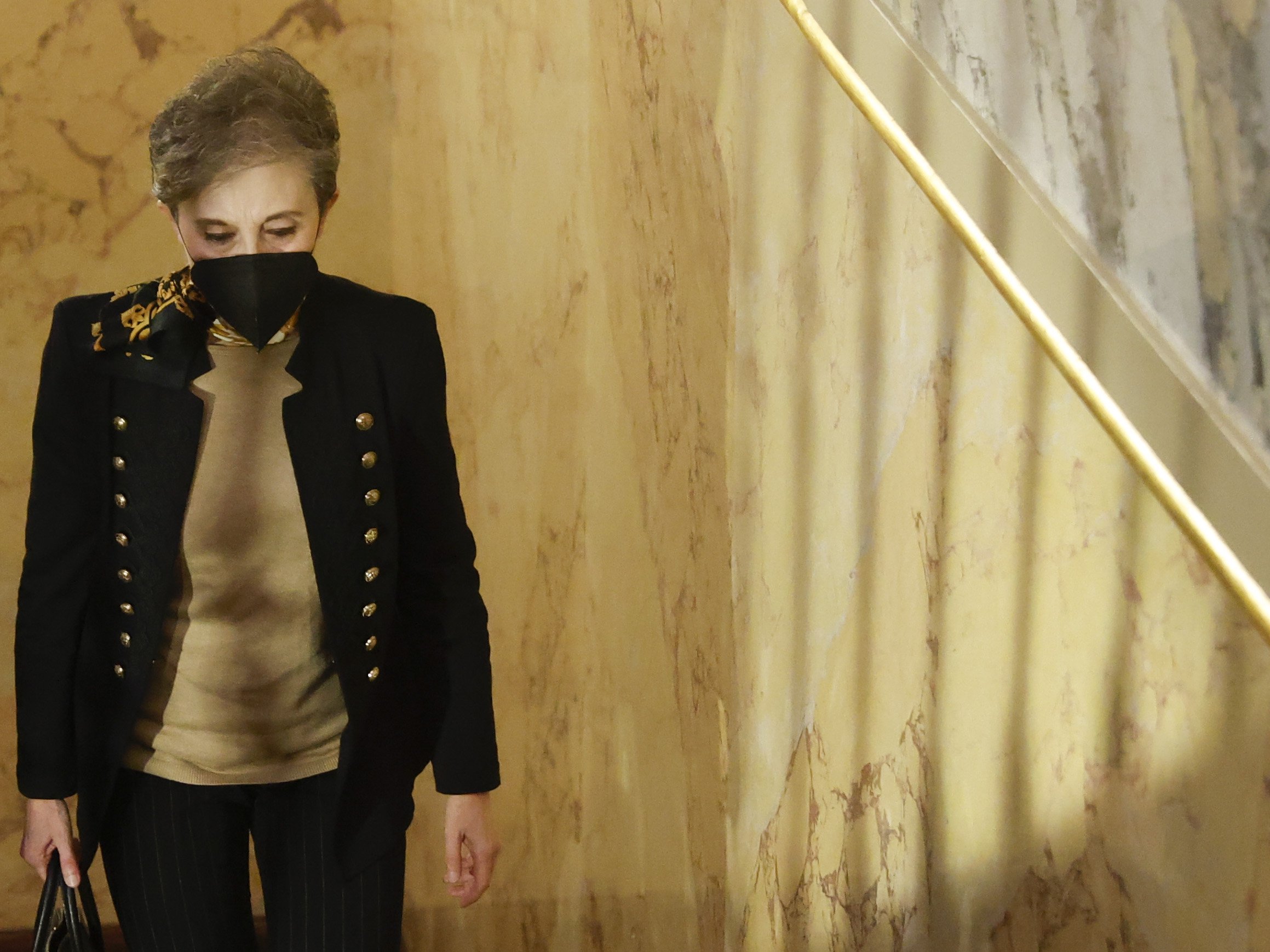Spain's National Intelligence Centre (CNI) spied on the Catalan independence movement, but it did so with judicial authorization from the Supreme Court. According to parliamentary sources, this is the version given today by the director of the CNI, Paz Esteban, to the official secrets committee of the Spanish Congress. However, Esteban reduced the list to only eighteen pro-independence leaders and people in their circles, including current Catalan president Pere Aragonès and those close to the former president Carles Puigdemont in Belgium. These admissions are still far from the figure of over 60 people including Catalan and Basque politicians, activists, lawyers and journalists demonstrated to have had their phones infected with this software in the independent study by Citizen Lab. And there is another unknown in the air: who spied on Spanish prime minister Pedro Sanchez and defence minister Margarita Robles? The PSOE and the right came out of the meeting very satisfied; quite the opposite of the independence movement.
The closed-door appearance before the committee, which has not met for over two years, began at 9am and lasted more than three hours, with the presence of two people themselves spied on with Pegasus: the Catalan deputies Míriam Nogueras (Junts) and Albert Botran (the CUP). Prior to the meeting, committee members left their mobile phones in lockers and an electronic search was carried out to prevent recordings. Those present were only permitted to bring paper and pen.
According to several of the spokespeople present at the official secrets committee, much of the appearance by the CNI head was focused squarely on the Catalangate espionage against the independence movement, and not so much on the infection of the phones of Pedro Sánchez and Margarita Robles. And the CNI director brought documentation to the Congress of Deputies - the judicial authorizations for the espionage - which the deputies were able to consult.
The director of the CNI is the key person in the spotlight of the political espionage scandal. That is the view in the pro-independence parties, which see the clutches of the Spanish intelligence services behind Catalangate. But she is also at the centre of doubts because of the huge security breach that allowed almost 3GB of data to be extracted from the phones of Spanish prime minister Pedro Sanchez and defence minister Margarita Robles. Robles herself avoided guaranteeing the spy chief's continuity in office yesterday, an ambiguity echoed by other ministers.
No clarifications from Robles
In its explanations, the Spanish government had pointed at the appearances of Margarita Robles and Paz Esteban as the way that it would provide "transparancy" over Catalangate. But this exercise did not come in the case of Robles. In the defence committee meeting on Wednesday, minister Robles did not clarify any details about the Pegasus case, remitting to the official secrets act. In fact, the Socialist politician leader even devoted herself to refuting the criticism by the independence movement, saying that they had made attacks using "insinuations without evidence". And even, rather than denying the claims, she again justified the espionage, as she did last week in the Spanish Congress question session, arguing that there were "situations of violence against people" in the protests following the Supreme Court's 2019 sentencing of 12 pro-independence leaders.
Catalan parties say it's not enough
The Catalan pro-independence parties have already stated in recent days that a closed-door appearance by the CNI director and a ban on communicating its contents was not enough. They insist that a commission of inquiry is needed, such as that which was blocked this week by the PSOE, the PP, Ciudadanos and Vox. "As a public representative, I can't be happy with anything that leads to this opacity," ERC's Gabriel Rufián warned before entering the committee meeting. In the same vein, Amnesty International has demanded that the matter should be pursued by an adequate body and called for a "public inquiry" to clarify the political espionage scandal using the Pegasus program.

